A comprehensive analysis released by the Committee for a Responsible Federal Budget (CRFB), a leading budget watchdog, claims the fiscal policies under the Trump administration led to the addition of $8.4 trillion to the national debt.
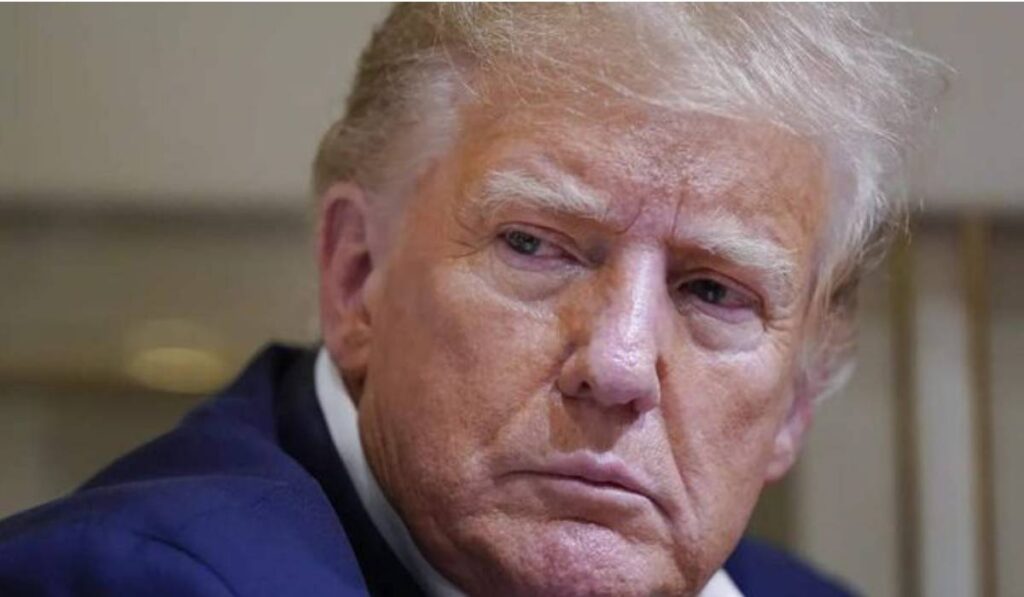
It is a hefty sum, but it covers the impact of tax cuts, pandemic relief measures, and discretionary spending increases during his tenure, so no surprise there.
A Breakdown of Spending Increases
According to the CRFB’s study, the $8.4 trillion increase in national debt includes $2.1 trillion, which can be traced back to discretionary spending hikes from 2018 and 2019.
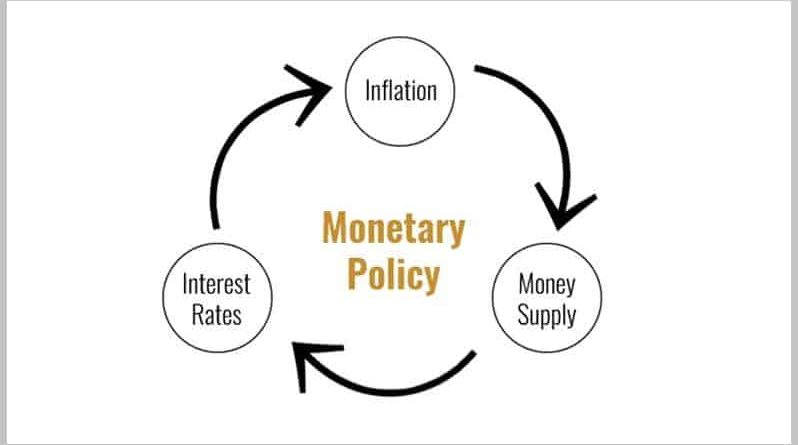
Additionally, $1.9 trillion was from the Tax Cuts and Jobs Act, and $1.9 trillion from the bipartisan CARES Act for pandemic relief.
Details of Trump’s Debt Increase
The CRFB report states, “Of the $8.4 trillion President Trump added to the debt, $3.6 trillion came from COVID relief laws and executive orders, $2.5 trillion from tax cut laws, and $2.3 trillion from spending increases.”
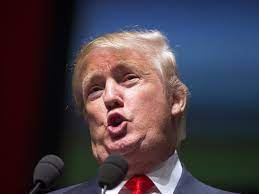
This breakdown gives anybody interested a detailed look at how various measures have contributed to the national debt. These include pandemic-related expenditures, tax cuts, and spending increases.
ALSO READ: Rep. Ken Buck Announces Leaving Congress, Shrinks GOP’s Majority
Trump Used Tariffs as a Method of Deficit Reduction
Reports claim that the only significant effort to reduce the deficit during Trump’s administration was by implementing tariffs on various imported goods.
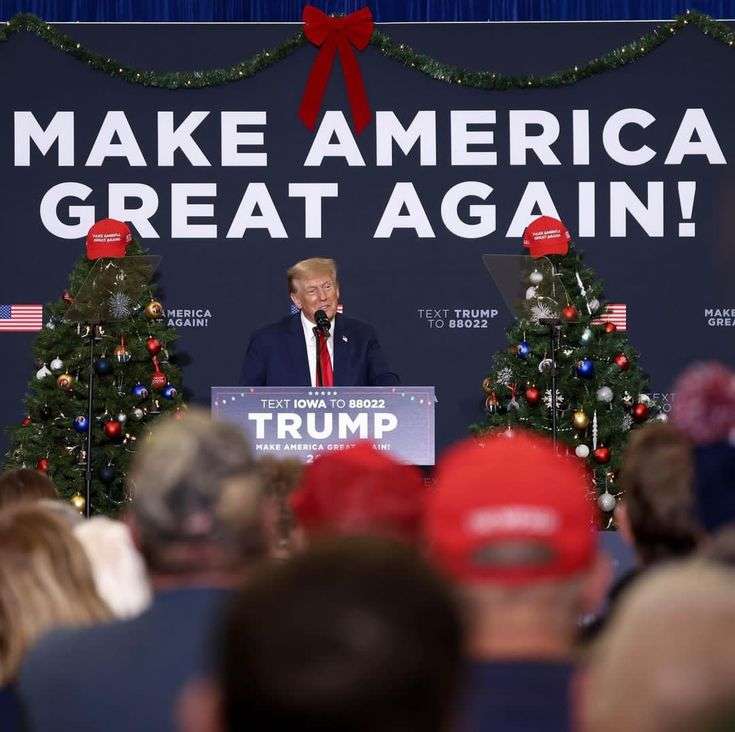
These tariffs reportedly generated an estimated $445 billion over 10 years, an almost perfect counterbalance to the otherwise expansive fiscal policies.
Trump’s Aggressive Tariff Strategy
According to CNBC, if he is re-elected in the coming elections, Trump plans to significantly escalate the U.S.-China trade war by proposing 60% or higher tariffs on Chinese imports.

It is a bold strategy, reminiscent of his first term’s $250 billion in China tariffs. It will revive the intense trade conflict despite its previous impact on the global economy and U.S.-China relations.
Trump Plans a Return to Trade War
The former president is not messing around about his plans to start a trade war with China. In a recent interview, Trump confirmed his plan to impose at least 60% tariffs on Chinese goods.
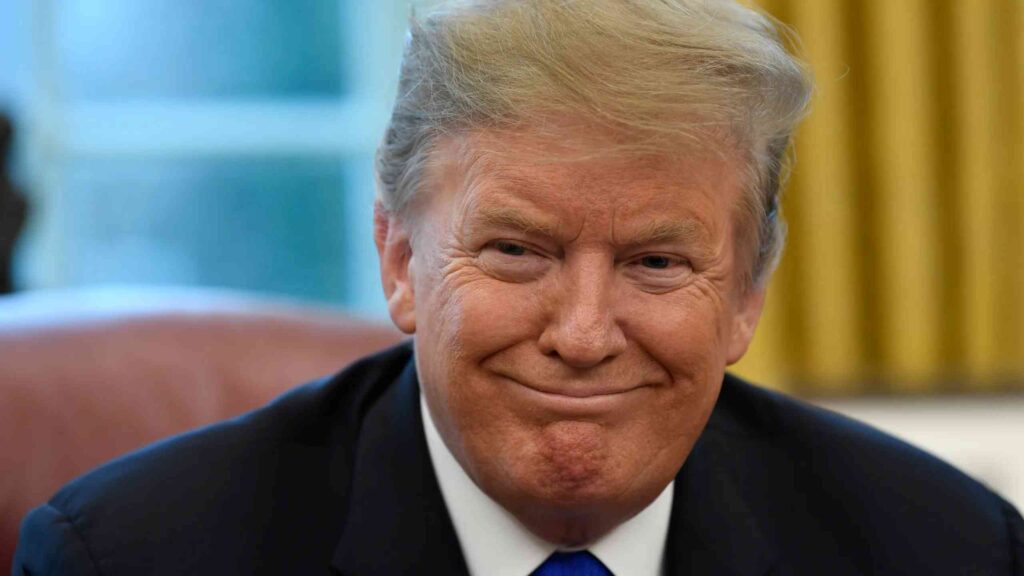
If he does, the action will potentially reignite the trade war that disrupted global markets, increased consumer costs, and strained diplomatic ties.
The Tariffs Will go Beyond China
Trump’s tariff strategy begins with China but will not end with the Asian country. According to CNBC, he is proposing a blanket 10% tariff on all U.S. imports. The comprehensive approach is not being supported by many and has faced widespread criticism because of its potential to harm consumers by raising prices on a wide array of goods.
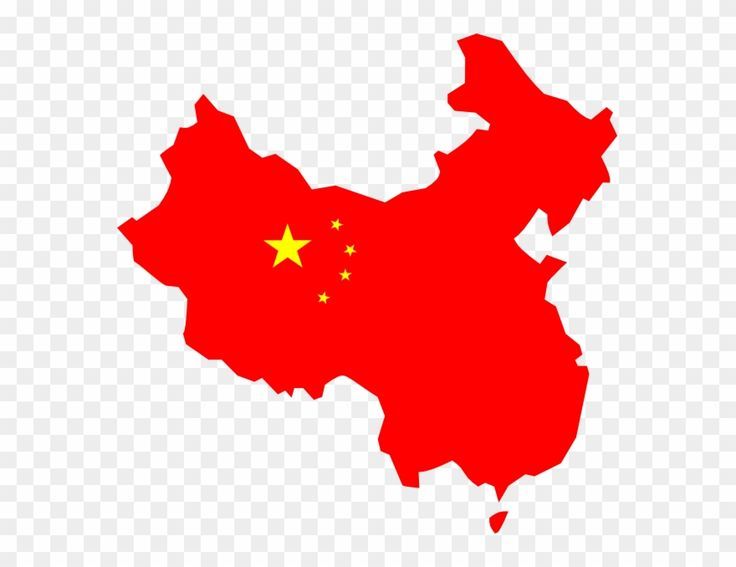
However, despite the backlash, Trump is hellbent on imposing the measures. He has talked about their necessity, suggesting they could even exceed the initial proposals.
POLL — Should Donald J. Trump Be Allowed to Run for Office?
Trump’s Fiscal Policies Have Sparked Debates
The fiscal strategies of the Trump administration have led to considerable debate among political figures.
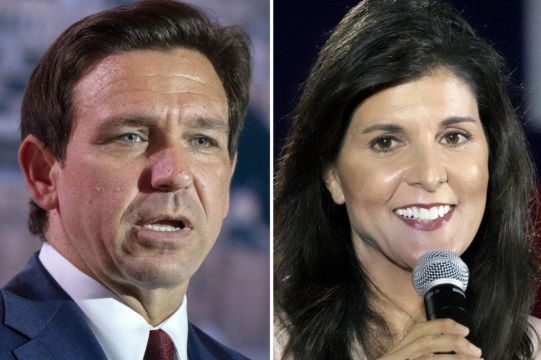
Good examples of top figures who have been debating the policies include former U.N. Ambassador Nikki Haley and Florida Governor Ron DeSantis. The pair have publicly criticized Trump’s approach to managing the deficit. But despite these criticisms, Trump’s performance in the New Hampshire primary suggests ongoing solid support within the GOP.
Haley’s Campaign Ad
In the meantime, Haley is intensifying her efforts in New Hampshire by adding $2 million to her advertising budget. The addition brings her total ad revenue to $6 million ahead of the South Carolina primary on February 24.

The additional funding will support a new television advertisement claiming Donald Trump’s plans to raise taxes and allow a Russian victory. It is yet another reflection of Haley’s critical stance toward the former president’s policies.
Details About Haley’s New Ad
According to NBC News, Haley’s campaign released a new 30-second television spot titled “More Chaos,” which directly challenges Trump.
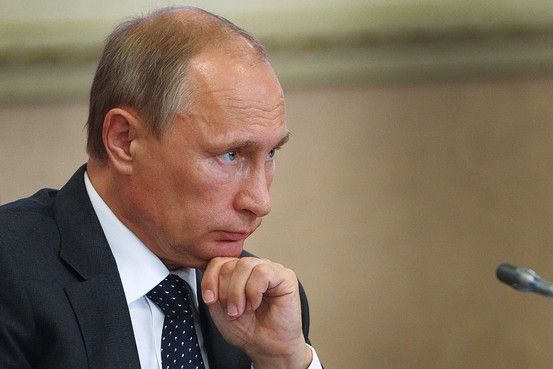
The ad accuses Trump of proposing policies that would increase taxes and lead to greater debt, citing his suggestion for a 10% tariff on trade imports. It also criticizes Trump’s stance on NATO, implying that his approach could hand Russia a victory.
Janet Yellen’s Warning About Trump’s Tariff Proposal
Aside from Haley and DeSantis, Treasury Secretary Janet Yellen has also expressed concerns over Trump’s tariff plan, warning that it could lead to increased costs for various goods essential to American businesses and consumers.
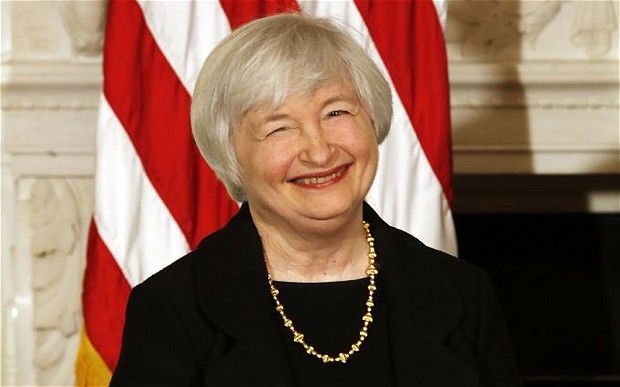
Her critique highlights the potential economic repercussions of such a tariff, drawing attention to the complexity of trade policies and their impact on the domestic economy.
Comparing Fiscal Policies From Trump’s Administration with Biden’s
The Biden administration has also passed significant legislation impacting the deficit. This includes an infrastructure bill that added $256 billion to the national debt and a bill to boost domestic semiconductor production, which added $79 billion.
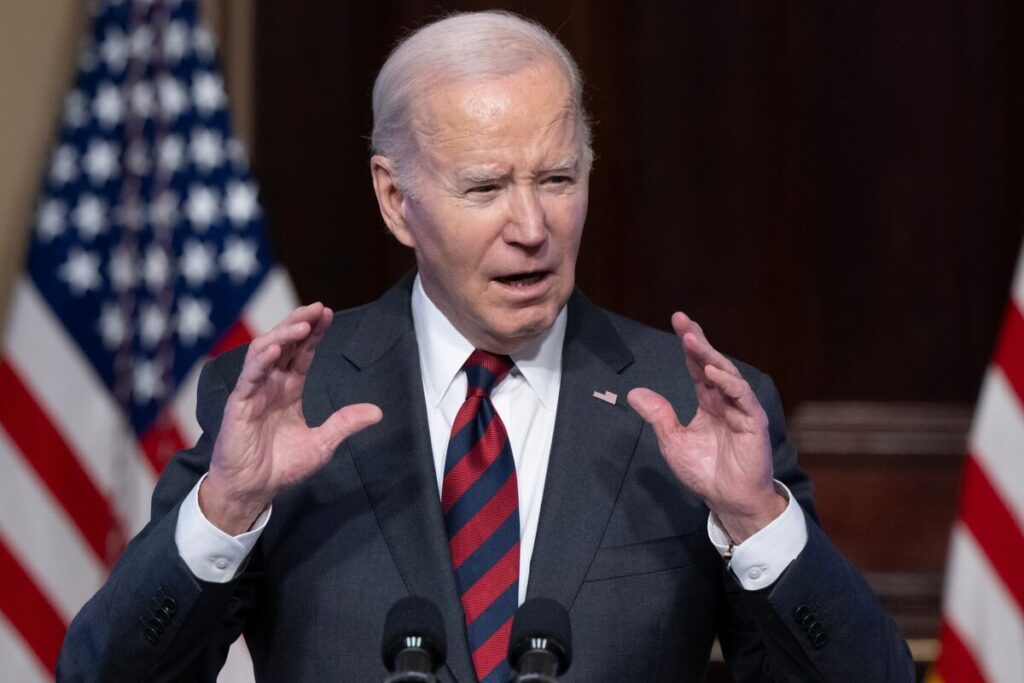
However, the Inflation Reduction Act is expected to reduce the deficit by between $200 billion and $300 billion, showcasing a different approach to fiscal management.
ALSO READ: Angelina Jolie Makes Her Debut as a Designer on the Oscars Red Carpet
The Country’s Fiscal Future
While the U.S. grapples with the consequences of past fiscal decisions, policymakers prioritize reducing the national debt and managing the deficit.

The debates and decisions being made today will have a huge impact on the nation’s financial landscape for years to come and ultimately help achieve a more sustainable fiscal path.
You Might Also Like
University of Missouri Student Goes Missing After Leaving Nashville Bar During Fraternity Trip
Judge Rules Against Texas AG in Fight Against Nonprofit Helping Migrants
U.S. To Send New Military Aid Package Worth $300 Million to Ukraine
Hur Defends Not Charging Biden Over Handling of Classified Documents
Trump’s Comments About Civil War Sparks Backlash from Civil Rights Group
